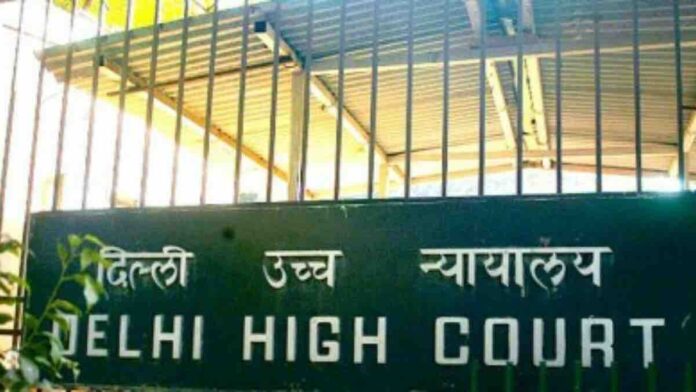The Delhi High Court on Tuesday directed the release of several seized “end-of-life” vehicles on an undertaking by the owners to either permanently park them in private spaces or remove them from the city limits.
Justice Prateek Jalan was dealing with a batch of petitions against the seizure of cars by authorities for being in violation of judicial orders banning the use of petrol and diesel vehicles that are over 15 years and 10 years of age, respectively.
The court asked the Delhi government to frame a policy on dealing with such vehicles when owners are willing to assure that they would not be used here and give “due publicity” to the same.
It observed that the intention behind the policy was not to scrap the cars but ensure that the national capital is pollution free, and a balance has to be maintained between the right to use one’s property and environmental interests.
“I am of the view that the petitioners’ grievances can be balanced with the implementation of the orders of the NGT and Supreme Court by directing the release of the vehicles to owners subject to an undertaking to remove the vehicle from the territory of NCT of Delhi and not to ply/park them in public spaces within the NCT of Delhi,” the court ordered.
“For parked cars, the petitioners will file an undertaking that they will not be plied or parked in public space. Petitioners will provide evidence of private space either owned or leased,” stated the court, adding that the enforcement officer concerned would facilitate the release of the vehicles of the petitioners from the scrapping agency.
The court clarified that the undertaking to the transport department would state that the vehicles shall be towed or transported to the border of the NCT of Delhi for its removal, and that when the vehicle is registered in Delhi, the petitioner may apply for NOC for transfer of vehicles outside Delhi.
Any breach of the undertaking by the owners would invite action from court, Justice Jalan said.
One of the petitioners argued that her vehicle, which has “deep sentimental value”, was unauthorisedly and without the issuance of any prior notice seized by the authorities earlier this year when it was merely parked outside her house.
The petitioner, represented by advocate Piyush Sharma and Aditya N Prasad, informed that she was not plying the car which purchased in the year 2000 and intended to convert it into an electric vehicle.
Similarly, another petitioner challenged the seizure of his 12-year-old diesel car which was “only parked for the purposes of denting, painting and other miscellaneous electrical work which was imperative in order to dispose of the car in another state”.
The petitioner, represented by advocate Sahil Mongia, said that no law prohibits the mere keeping of old diesel vehicles and no prior notice was given to him before the vehicle was taken into possession.
Also Read
Meanwhile, Delhi Transport Minister Kailash Gahlot had on Monday directed the department secretary-cum-commissioner to stop seizing parked vehicles that have completed their stipulated life on the road.
Owners of such vehicles are fined if these are found plying on the roads.
The minister said in a note that it is “unfortunate” that the transport department is continuing its drive to seize old vehicles, even if found parked on the road, and sending those for scrapping.
He cited “serious concerns” raised by the Delhi High Court in the matter while hearing petitions of people whose vehicles were seized by enforcement teams of the transport department.
Gahlot cited an office memo issued by the department dated June 27, saying the drive was not approved by the government.




